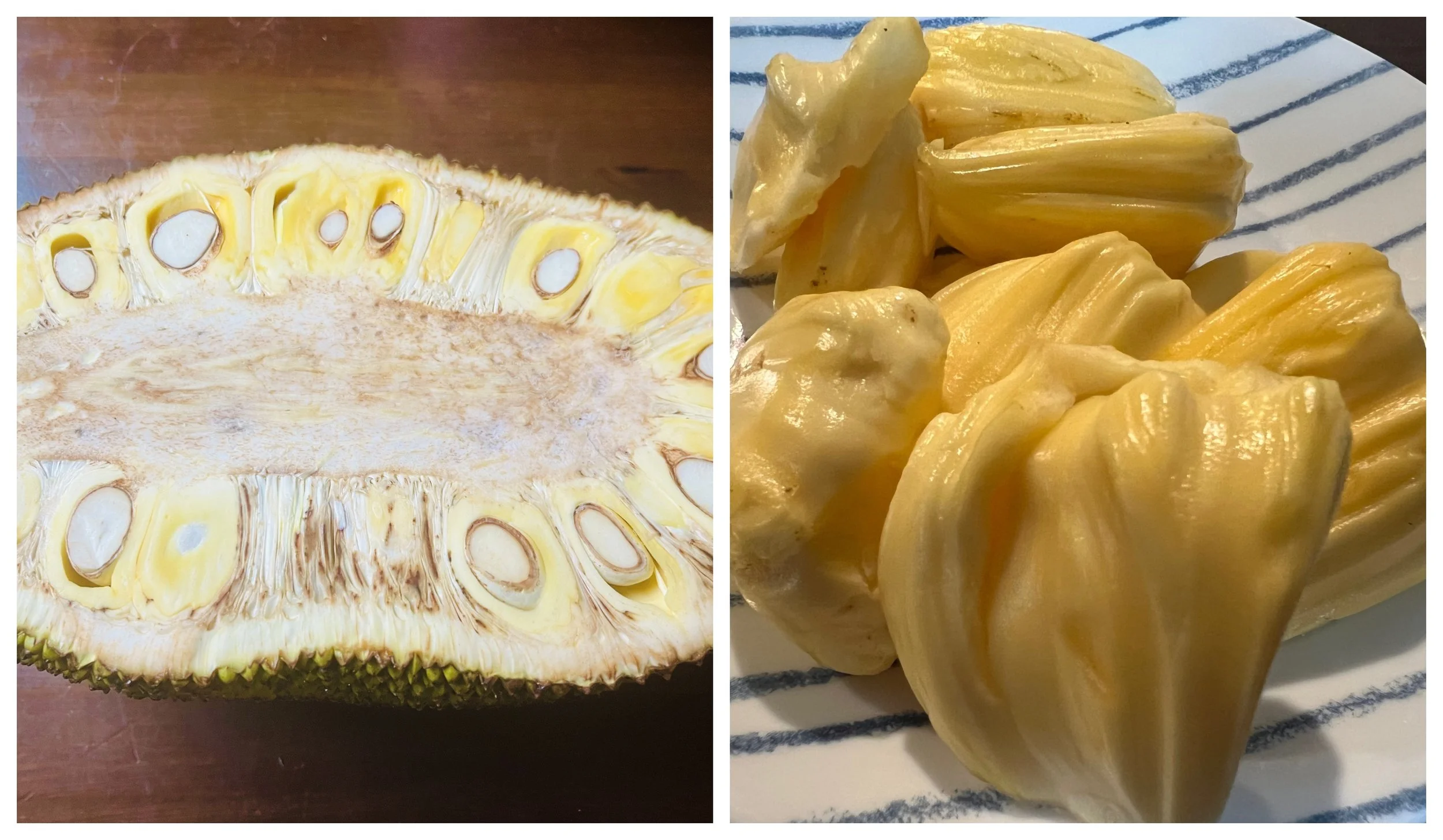Ingredient Spotlight : Ginger - Zingiber officinale

Ginger is a Spice that comes from a rhizome. It grows in warmer areas of the world. Ginger is used in culinary and medicinal preparations throughout the world, and its medicinal properties were exploited by the Ancient Indian, Chinese, and Japanese cultures thousands of years ago.
Active Ingredient: Gingerol and other essential oils.
Some important medicinal points about Ginger include the following:
Anti-Nausea: Ginger was used to treat nausea. This includes Nausea caused by medications, migraine headaches, therapies like chemotherapy for cancer, and even after surgeries.
Anti- Diarrheal agent: Ginger has also been used in conjunction with traditional medications to help treat diarrhea.
Menstrual Cramping: When taken as a tea, Ginger seems to help with the easing of menstrual cramping.
Motion Sickness: As stated earlier, Ginger seems to be very effective in treating motion sickness. It may help with the vertigo and Nausea.
Analgesic: Ginger may help in pain control as well.
Glucose regulation: Ginger may play a role in one’s diet in regulating blood sugars and helping insulin secretion.
Anti-inflammatory effects: Ginger has anti-inflammatory and fever reducing properties.
Anti-Oxidant effects: Ginger and its constituents have anti-oxidant properties.
Lipid Metabolism: Ginger plays a positive role in cholesterol and triglyceride processing when used in your diet.
Caution: Excessive amounts of Ginger with agents that prevent clotting, like Aspirin, Warfarin, Plavix, and Heparin, may aggravate the bleeding complications of these drugs.
Having explored the many features of this versatile spice, I hope you enjoy it in your teas, sauces, stews, and stir fry. Remember, Ginger is a food/spice and not a replacement for medications.
Always consult with your physician and live Strong and long!


































